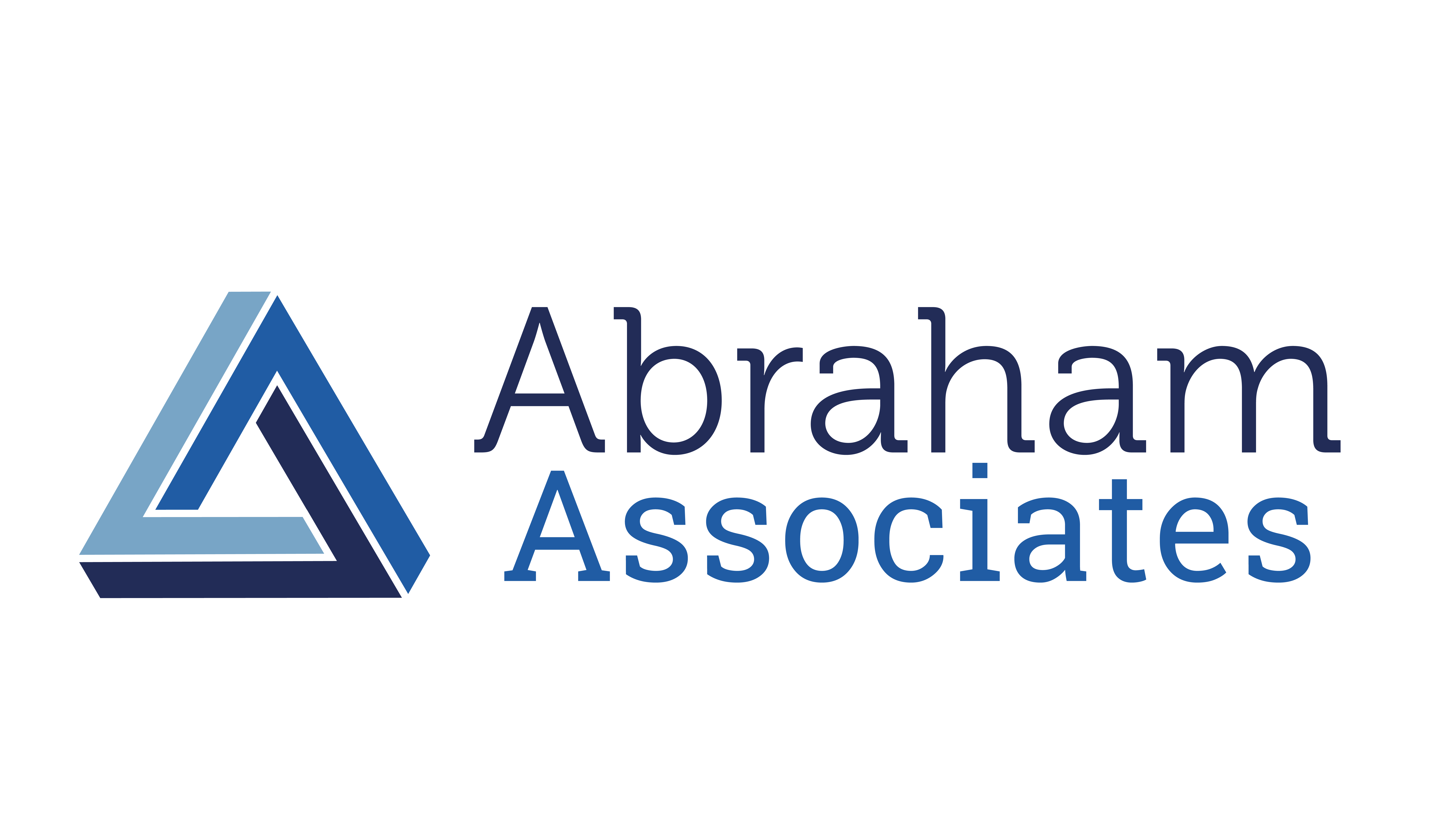Franchising can be an excellent way to start a business with the support of an established brand, proven systems, and ongoing guidance. For many UK entrepreneurs, it offers a lower-risk alternative to building a company from scratch. However, not all franchises are created equal, and entering into the wrong agreement can lead to financial strain, legal battles, or business failure. It is vital to conduct thorough due diligence and recognise warning signs that a franchise opportunity may not be as sound as it appears. This article outlines the key red flags to watch out for when buying a franchise in the UK.
Lack of Transparency
One of the biggest warning signs is when a franchisor is reluctant to share clear, detailed information about the business. A reputable franchisor should be open about financial performance, startup costs, support provided, and expectations for franchisees. If they withhold essential documents, avoid answering direct questions, or provide vague responses, this is a major concern. Transparency is crucial to establishing trust and understanding what you’re truly investing in.
Unrealistic Income Claims
Some franchisors promote their opportunities with bold income projections or guarantees of success. While earnings potential is a natural part of due diligence, any promise of quick profits or exaggerated returns should be treated with caution. Reputable franchisors will provide average performance figures from existing franchisees and clarify that success depends on various factors, including the owner’s effort, market conditions, and local demand. Always ask to speak with existing franchisees to verify the claims being made.
Poor Reputation or Negative Franchisee Feedback
If existing or former franchisees express dissatisfaction with the franchisor, this is a red flag that shouldn’t be ignored. Warning signs include complaints about lack of support, unfair treatment, poor communication, or difficulty making a profit. A franchisor should encourage you to speak to multiple franchisees as part of your research. If they discourage this, or if most franchisees speak negatively about the brand, consider it a serious concern. Independent online reviews and industry forums can also provide insight into the brand’s reputation.
High-Pressure Sales Tactics
A trustworthy franchisor will give you time to make an informed decision and consult with legal and financial advisors. If you’re being rushed, pressured to sign quickly, or offered a “limited-time” deal to create urgency, take a step back. High-pressure tactics are often used to mask shortcomings or distract from flaws in the business model. You should never feel pushed into making a decision before you’re ready.
No Proven Track Record or Limited Trading History
While everyone has to start somewhere, investing in a franchise with no established track record carries more risk. A franchise model should be based on a business that has been tried, tested, and proven profitable over time. Be wary of franchisors with only one or two company-owned outlets or no trading history. They may still be refining their systems and lack the resources to provide meaningful support to new franchisees.
Unclear or Unfavourable Contract Terms
The franchise agreement is a legally binding document, and it’s essential to understand every clause before signing. Red flags include excessive termination clauses, harsh non-compete terms, vague renewal conditions, or hidden fees. If the agreement heavily favours the franchisor or restricts your rights excessively, this may cause serious issues down the line. Always seek legal advice from a solicitor with franchise experience before committing.
Lack of Training and Ongoing Support
Franchising is especially attractive to those without prior business experience because it usually includes training and support. If a franchisor offers little or no guidance on how to operate the business, manage finances, or market to customers, you may struggle once the business is up and running. A weak support structure is a major red flag, especially for new franchisees.
Conclusion
While franchising can offer a powerful route to business ownership, it is not without its risks. Understanding the red flags—from lack of transparency and unrealistic income claims to vague contracts and poor support—can help you avoid costly mistakes. Due diligence is not just recommended; it’s essential. Speak to current franchisees, consult professionals, and take your time evaluating the opportunity. By watching out for these warning signs, you can make a more informed and confident decision, increasing your chances of franchise success in the UK market.




















































